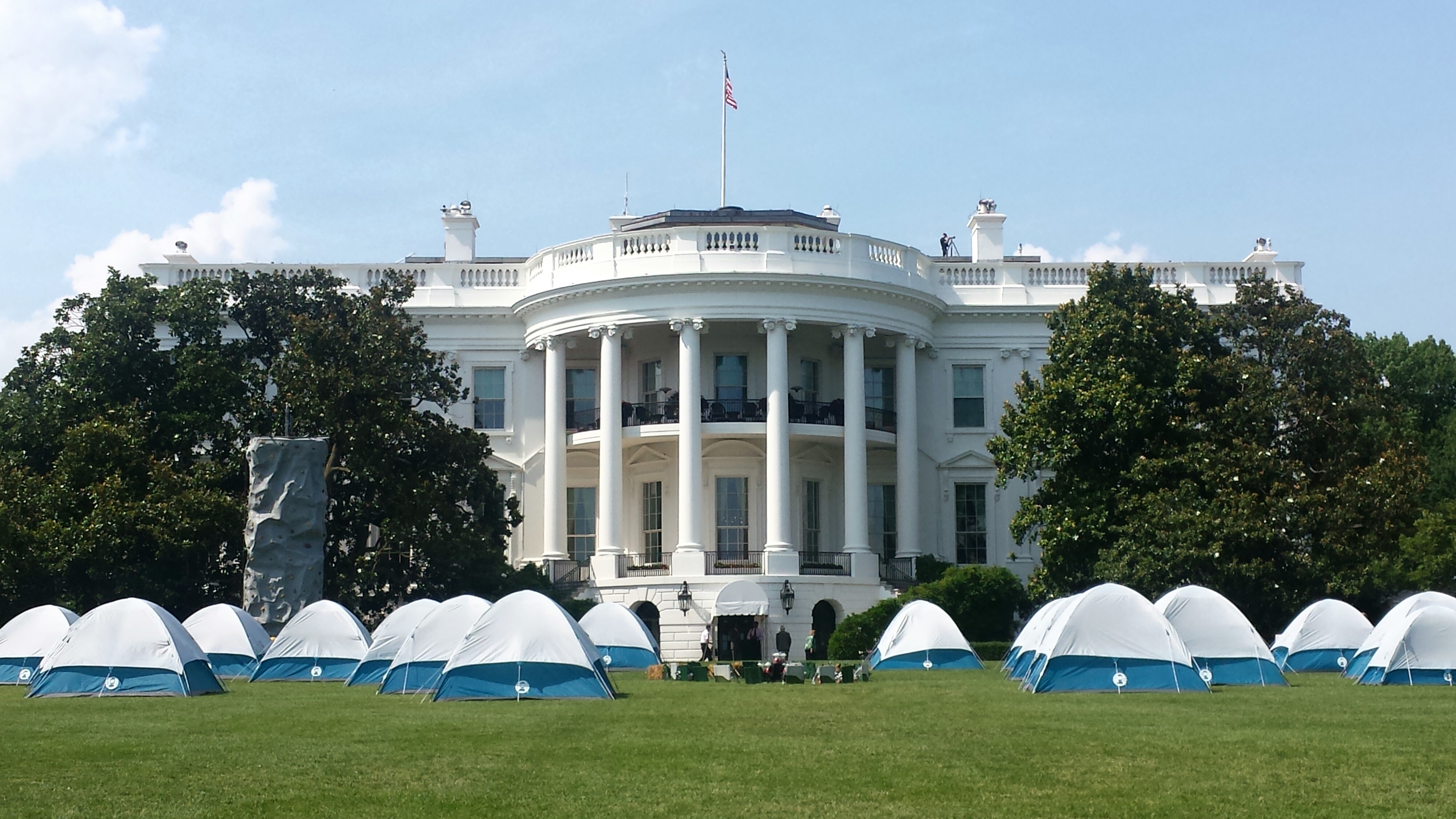WASHINGTON — A bipartisan group of more than 30 lawmakers urged President Donald Trump to establish a military-to-military information exchange with North Korea in a letter sent Thursday.
One of the signatories, Rep. Ro Khanna, D-Calif., told reporters that establishing such an exchange would be a critical way to prevent consequential miscommunications, particularly at a time when US-North Korean diplomatic tensions seem higher than ever.
Lower-level officials in Pyongyang and Washington exchanged occasional communications throughout 2017, but more formalized official talks have yet to be realized. Last September, Secretary of State Rex Tillerson confirmed that Washington was in direct communication with North Korea in the wake of the latter’s repeated missile tests.
“The U.S. should do all in its power to avoid misunderstandings that could escalate to a greater conflict, including nuclear war,” lawmakers wrote in the letter. “…We strongly urge you to prioritize this form of communication as the first step that our two governments could take towards averting conflict.”
Relations with North Korea have intensified since Trump’s inauguration. The president famously threatened Kim Jong Un with “fire and fury” last August, and both leaders have frequently exchanged barbs since. North Korea has also conducted a series of missile tests in an attempt to showcase its burgeoning nuclear strength.
Defense Secretary James Mattis told reporters in November that the administration would be unwilling to engage in communications with Pyongyang unless it stopped testing and developing nuclear weapons.
Congress is under increased pressure to mitigate the crisis as Americans become increasingly worried about the prospect of war. An NBC poll from October 2017 found that a majority of Americans ranked North Korea as the single biggest threat to national security.
In December, UN Secretary General Antonio Guterres urged members of the Security Council to reestablish and strengthen communications with North Korea. “While all concerned seek to avoid an accidental escalation leading to conflict, the risk is being multiplied by misplaced overconfidence, dangerous narratives and rhetoric, and the lack of communication channels,” he said.
The idea that Washington should reestablish military communications with North Korea “should not be controversial,” Khanna said.
Fortunately, North Korea may be amenable to opening channels of communication, particularly after a diplomatic breakthrough earlier this month led Pyongyang to reestablish talks with South Korea.
In a meeting with reporters on Thursday, Khanna outlined a three-part strategy for future engagement with North Korea. The first step, he said, was establishing the communication program described in the letter.
The second part of Khanna’s plan involves the passage of the No Unconstitutional Strike Against North Korea Act, a bill that would prevent the president from initiating a war or first strike without Congressional approval. That bill was introduced by former Rep. John Conyers, who resigned in December. Khanna said he plans to reintroduce it.
Thirdly, Khanna said, the United States must bear in mind Pyongyang’s negotiations with South Korea, which have created what he calls “a unique moment for us to be able to engage.” South Korean president Moon Jae-in has taken steps to improve relations with the North, including renewed communication and the creation of a unified Korean team that will compete in the upcoming Winter Olympics.
Khanna told reporters he does not expect the Conyers bill to pass but that he thinks the reestablishment of military communication requested in Thursday’s letter is achievable.
The letter’s lone Republican signatory is Rep. Walter B. Jones, R-N.C.

